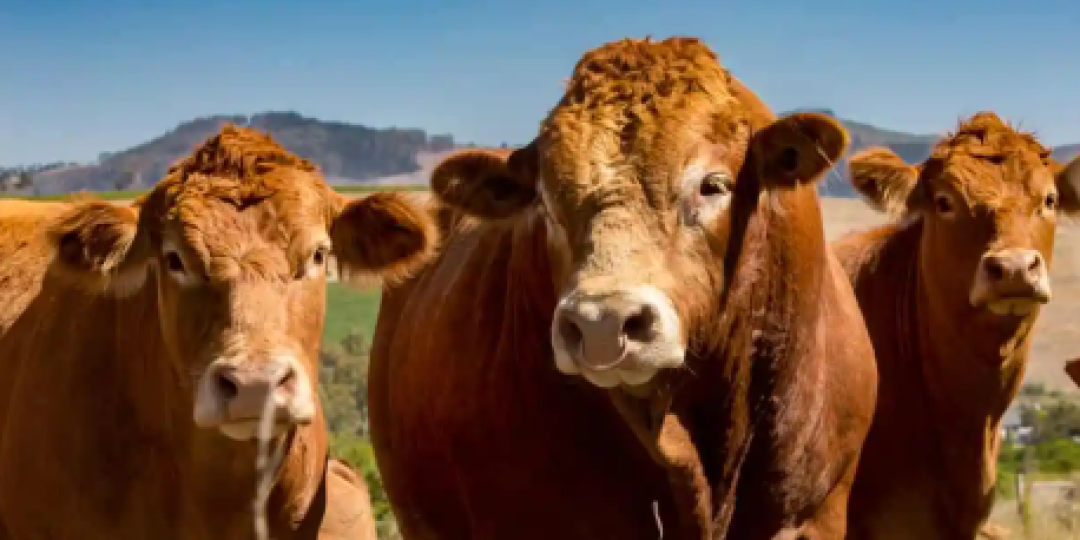Amid ongoing foot-and-mouth disease (FMD) outbreaks in KwaZulu-Natal and the Eastern Cape, joint efforts between private industry bodies and the state are looking to ease the administrative burden on farms that are FMD free but are located within disease management areas (DMAs).
Such farms are subject to onerous restrictions and government-mandated audits when moving animals to and from farms as part of their normal business activities.
Dr Mark Chimes, veterinary adviser and programme manager for animal health and welfare with industry body, Milk South Africa, says various industry bodies have lobbied the national department of agriculture that the movement protocol for livestock within, into and from disease management areas (DMAs) should be revised “to suit our unique South African situation”.
A revised movement protocol was formulated last month, which, according to Chimes “offers farmers a financial lifeline and reduces the economic impact of FMD within the DMA, as well as free up the state veterinary services to focus on eliminating FMD”.
“Due to the workload caused by further outbreaks of FMD in KwaZulu-Natal, the state veterinary services resources will be stretched beyond capacity to implement control measures. These measures include surveillance checks on herds, quarantine of affected farms, vaccinating affected herds, branding the vaccinated animals, issuing of Red Cross permits for animal movements, post-infection-day zero checks and health inspections on herds prior to sealing trucks that transport quarantined animals to abattoirs for slaughter.
“As a result, the Department of Agriculture is considering using private veterinarians to assist with the inspection and certification of herds, within the DMA, which are not under quarantine.”
A revised protocol issued last month already provides for private vets, authorised in terms of the Animal Diseases Act, to certify for some movements of animals from farms within the DMA – functions that could previously only be performed by state veterinarians.
“By having authorised private veterinarians performing the audits and issuing the certificates, it eliminates false declarations, since veterinarians have to be registered with the South African Veterinary Council (SAVC). The SAVC is a professional body that upholds veterinary standards and can impose severe penalties on any veterinarian that issues false certificates or acts unprofessionally,” says Chimes.
Another measure tabled in discussions between government and industry, is tasking private veterinarians with auditing the biosecurity measures on FMD-free commercial farms within the DMA, to determine whether they comply with the standards to be considered biosecure enough to continue trading under specific conditions.
“Farms that comply will have less strict movement controls on animals and animal products (than those) normally imposed on farms within the DMA. The state veterinarian will supply the authorised private veterinarians with the appropriate biosecurity audit questionnaire that the private veterinarian will need to use when auditing the farm. Beef, dairy, sheep, and pig farms will each have a slightly different list of audit requirements for the herd veterinarian to certify,” he says.
“Milk SA applauds the efforts by the National Department of Agriculture to make the protocols more lenient and practical without increasing the risk of spreading FMD.”













